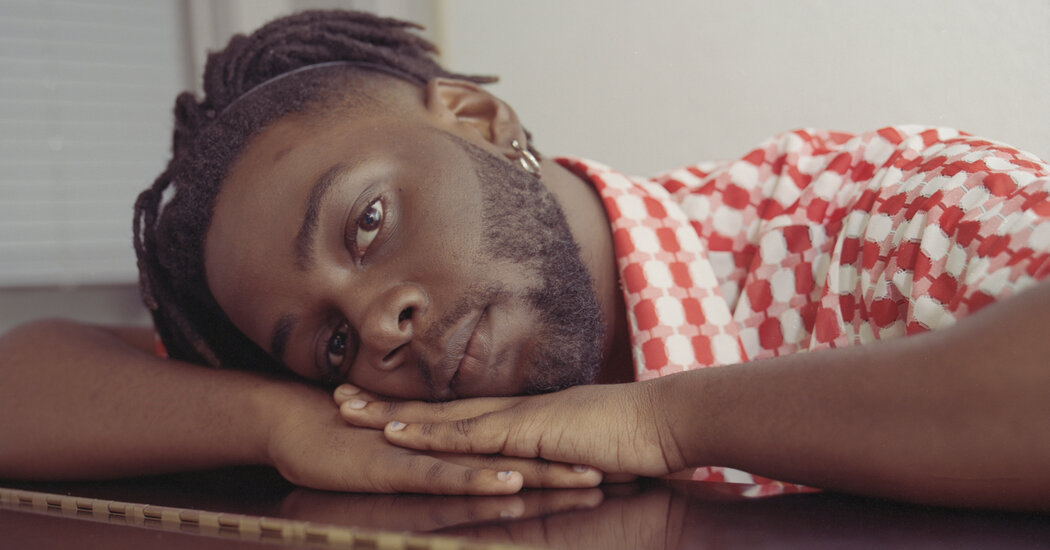
Name: Amiri Nash
Age: 20
Hometown: Washington, D.C.
Now Lives: Mr. Nash lives on-campus at Brown University in the Harambee House, a residence for Black students.
Claim to Fame: Mr. Nash, a sophomore at Brown, is a journalist, activist and poet who was named Washington’s Youth Poet Laureate in 2021. He was part of a round table discussion with Vice President Kamala Harris on gay and transgender issues last summer, and wrote about the politics of poetry for Washingtonian magazine. “Poetry gives me a way to say things that I wouldn’t otherwise be able to say,” Mr. Nash said.
Big Break: A lifelong lover of words, Mr. Nash gave his first public poetry reading during an honors English class during his sophomore year at the Duke Ellington School of the Arts, a public high school in Washington. The piece, titled “Between the Stars,” was based on “coming into acceptance as a queer man,” he said.
Encouraged by his English teacher, he applied to Press Pass Mentors, a writing-focused nonprofit, where he was set up with an internship with the Washington Post political reporter Eugene Scott. “Eugene is also Black and gay, he showed me how writing was healing for him,” Mr. Nash said.
Latest Project: In February, Mr. Nash started the Black Star Journal, a student newspaper that covers “masculinity, Afro-Latinx representation, Black womanhood, Black art and Black music,” he said. (Recent articles include an analysis of the use of assonance by the rapper MF Doom and a piece on how British Vogue covers Black beauty.) He also printed 1,000 copies to “show that Black people take up space,” he said. “You can literally walk into our dining hall and see stacks of the newspaper and other students reading it.”
Next Thing: A collection of 50 poems written by Mr. Nash will be published this year by Words, Beats and Life, a hip-hop and education nonprofit in Washington.
From the archives: Before he started his own journal, Mr. Nash learned from other publications started by Black students at Brown, including B.O.P. (Blacks on Paper), a literary journal from the 1970s, and The African Sun, a culture magazine edited by members of the Black Student Union from the 1990s. “I want future generations of students to be able to have that same access to what day-to-day life is like for Black people at Brown,” he said.






